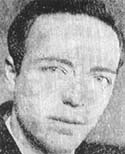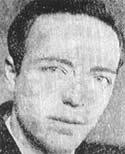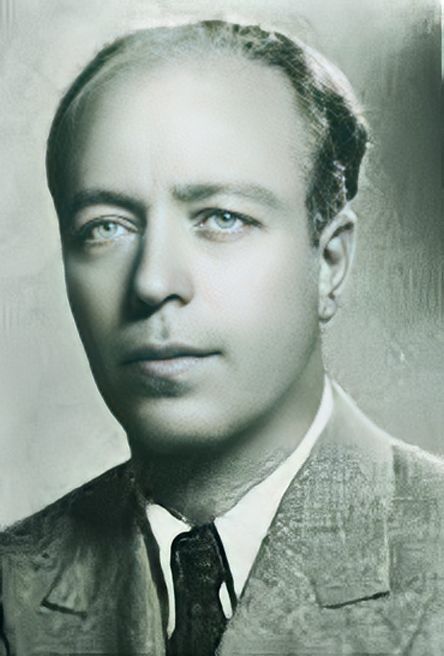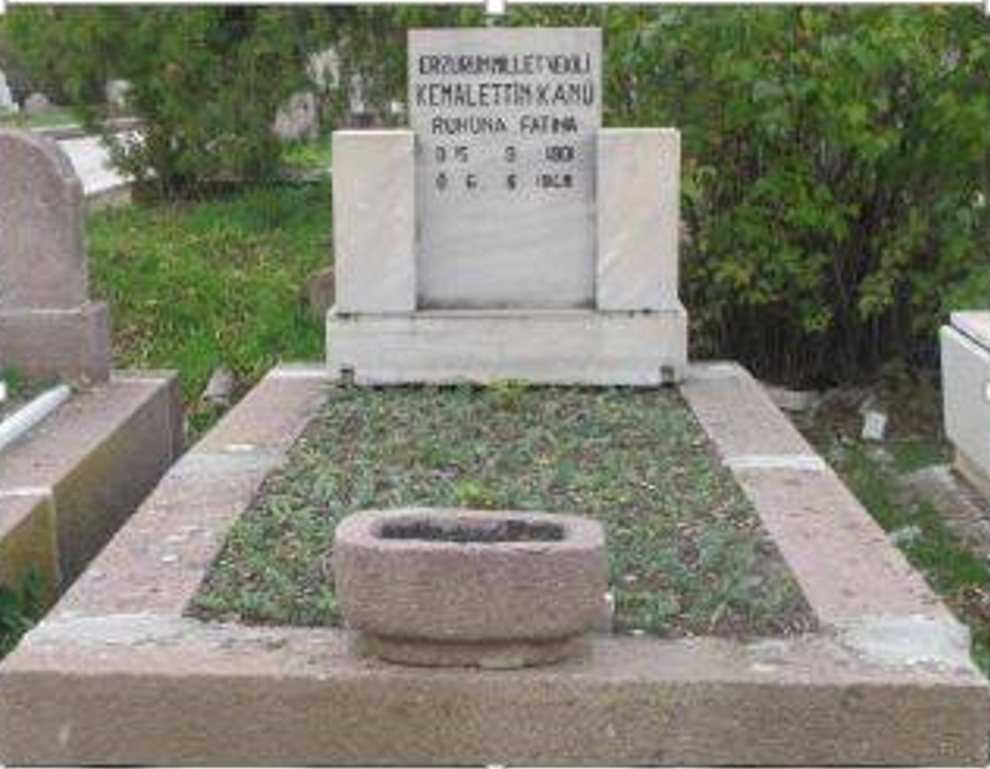The poems of Kamu, known as the "Poet of the Foreign Land" in Turkish literature, were published in the review Büyük Mecmua during the years of the armistice (1919), and in Dergâh during the years of the Independence War (1921) and later in the reviews Varlik (1933-34) and Oluþ (1939); his articles were published in newspapers Hakimiyet-i Milliye and Yenigün. His poems, which he wrote in syllabic and prosodic meter, on war, love and foreign lands, were collected in the book Kemalettin Kamu, Hayati, Sahsiyeti ve Þiirleri (Kemalettin Kamu, His Life, Character and Poems by Rýfat Necdet Evrimer, 1949). His poems in prosodic meter demonstrate interesting examples of the implementation of prosodic meter in Turkish during the Republican Era. Furthermore, during his years in Paris, he was interested in French poetry and translated three poems of the French symbolist poet Mallarmé.
The poems of Kamu, known as the "Poet of the Foreign Land" in Turkish literature, were published in the review Büyük Mecmua during the years of the armistice (1919), and in Dergâh during the years of the Independence War (1921) and later in the reviews Varlik (1933-34) and Oluþ (1939); his articles were published in newspapers Hakimiyet-i Milliye and Yenigün. His poems, which he wrote in syllabic and prosodic meter, on war, love and foreign lands, were collected in the book Kemalettin Kamu, Hayati, Sahsiyeti ve Þiirleri (Kemalettin Kamu, His Life, Character and Poems by Rýfat Necdet Evrimer, 1949). His poems in prosodic meter demonstrate interesting examples of the implementation of prosodic meter in Turkish during the Republican Era. Furthermore, during his years in Paris, he was interested in French poetry and translated three poems of the French symbolist poet Mallarmé.
Sponsored by Ancestry
Advertisement
Explore more
Sponsored by Ancestry
Advertisement




